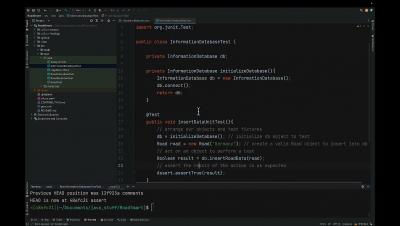CI DevSecOps Series - Level Up Your Tests
Building secure and reliable APIs is an essential and challenging endeavor. Traditional API testing approaches perform blackbox testing and test the application through the network. This is both slow and lacks deep insights into how the tested application handles API requests. Also, it happens late in the software development lifecycle as it requires a complete application deployment.











